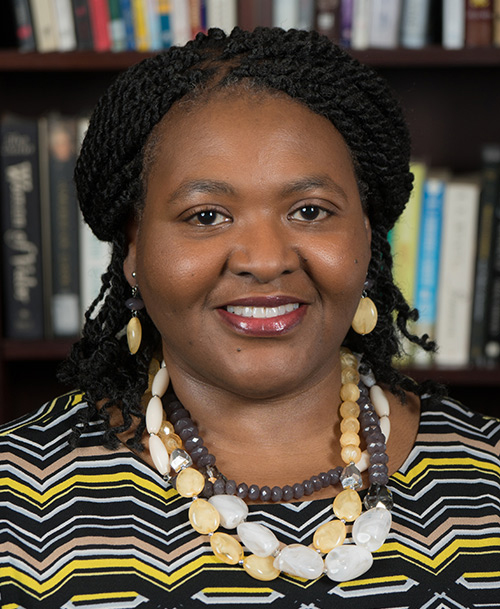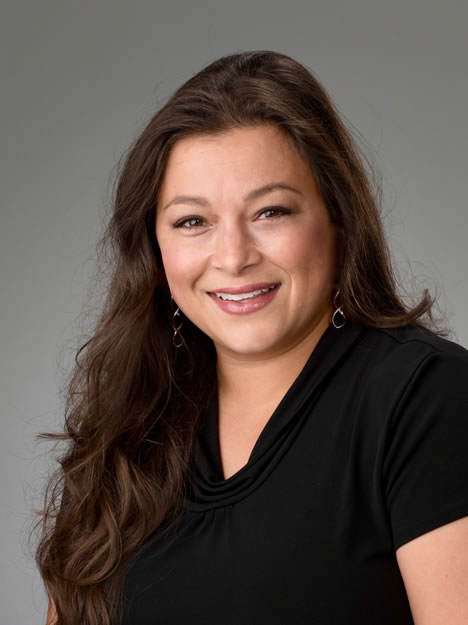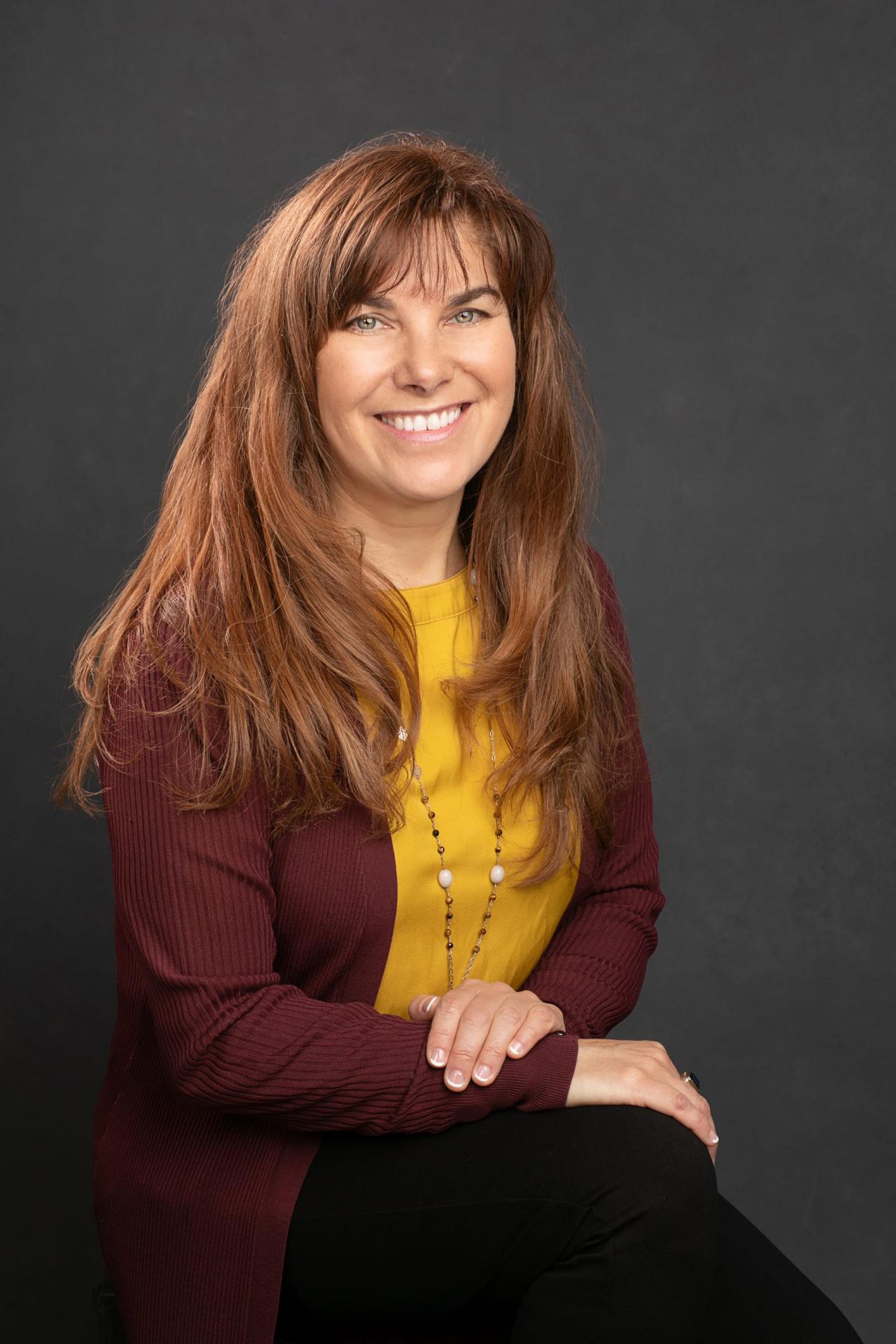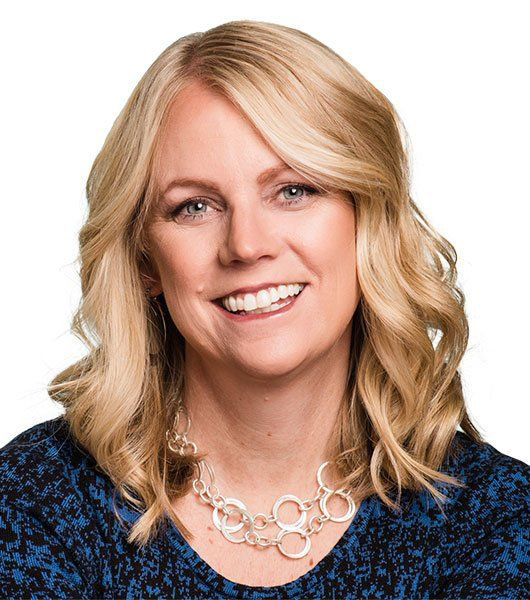join us june 3-4, 2022
READ PROGRAM
Third Nebraska Summit on Math and Science Education postponed to June
Discuss models, strategies for inclusive programming, in person
With greater attention being focused on diversity, equity, and inclusion in STEM education, Nebraska PK–12 leaders continue to respond to changing student demographics in ways that will produce culturally relevant curriculum and responsive practices that support all students. The third Nebraska Summit on Math and Science Education will assemble teacher, district, and state leaders in math and science education to discuss successful models and strategies for more inclusive programming and meet with local and national educational leaders. The pre-session will offer hands-on robotics activities for mathematics and science classrooms.
The Summit will be held in-person on Saturday, June 4, 2022, at the Nebraska Innovation Campus Conference Center, 2021 Transformation Drive in Lincoln, from 8:30 a.m. to 4 p.m. A conference pre-session will take place on Friday evening, June 3, from 7 p.m. to 8:30 p.m. at the Embassy Suites. The registration fee for the conference is $60 per person. Lunch and meeting materials are provided as part of the registration fee. Note: Masks are encouraged to be worn indoors by participants whose personal circumstances warrant it at the Summit, both on Friday and Saturday.
The Summit features four distinguished plenary speakers: Felicia Moore Mensah of Columbia University, Amanda Morales of the University of Nebraska–Lincoln, Hortensia Soto of Colorado State University, and Mona Toncheff, past president of the National Council of Supervisors of Mathematics. In addition to the keynote speeches, concurrent breakout sessions will address issues in elementary, middle, and secondary math and science education; teacher preparation; professional development for math and science teachers; STEM education for multi-language learners; and assessment.
A block of rooms has been reserved at the Embassy Suites in downtown Lincoln. The conference will cover a one-night stay for Friday, June 3, and breakfast at the hotel for a limited number of participants. The online link to reserve a room is included in the registration form.
The complete schedule of events will be updated below as details are finalized.
Funding support provided by the NebraskaSCIENCE Program of Excellence and the Math and Science Teachers for the 21st Century Program of Excellence.
Target Audiences
- PK-12 STEM teachers;
- Principals and school administrators;
- District and ESU administrators and staff developers;
- State Department of Education; and
- Faculty, staff and students at institutions of higher education.
Organizing Committee
- Dr. Beth Lewis, Teaching, Learning and Teacher Education and Center for Science, Mathematics, and Computer Education;
- Dr. Michelle Homp, Mathematics and Center for Science, Mathematics, and Computer Education;
- Dr. Mindi Searls, Earth and Atmospheric Sciences and Center for Science, Mathematics, and Computer Education;
- Dr. Amanda Thomas, Teaching, Learning and Teacher Education;
- Lindsay Augustyn, Center for Science, Mathematics, and Computer Education; and
- Stephanie Vendetti, Center for Science, Mathematics, and Computer Education.
Plenary Speakers
The Summit features the following four distinguished plenary speakers:

Felicia Mensah
Felicia Mensah is professor of science education and chair of the Department of Mathematics, Science and Technology at Columbia University. Dr. Mensah is also the co-editor of the Journal of Research in Science Teaching and associate director of the Center for Innovation in Teacher Education and Development.
Research interests of Dr. Mensah, a former associate dean in the Teachers College at Columbia, are in diversity and social justice education with an emphasis on improving science experiences and for PreK–16 teachers and students in urban classrooms. As a prolific writer and well-established researcher, Mensah’s work addresses issues of diversity and equity in science teacher education, with culturally relevant teaching, multiculturalism, and critical theories guiding her teaching and research.
She conducts professional development workshops and institutes with elementary, middle, and high school science teachers as well as provides outreach activities for schools, such as hosting elementary students to attend science courses at the university. She has an exceptional record in advising graduate students and developing early scholars, sponsoring more than 50 doctoral dissertations and serving on more than 120 dissertation committees. Additionally, she works to mentor and support junior faculty in obtaining tenure and promotion and improving classroom practice. Mensah won the Early Career Award, Division K (Teaching and Teacher Education) in 2012.

Amanda Morales
Amanda Morales is associate professor of multicultural education and ESOL in the Department of Teaching, Learning and Teacher Education at the University of Nebraska–Lincoln. Dr. Morales received the 2020 Latina/o/x Research Issues Special Interest Group Early Career Scholar Award from the American Educational Research Association, which recognizes those who have conducted outstanding research on Latina/o/x issues in education.
Dr. Morales is a Latina from Western Kansas whose research and practice builds on her prior work as an assistant professor and the diversity coordinator for the College of Education at Kansas State University (KSU), and her experience as a program manager in the Center for Intercultural Multilingual Advocacy at KSU. Prior to her work in higher education, Amanda was an assistant director of visitor programs at the Fort Worth Museum of Science and History in Fort Worth, Texas, for over five years where she did school, public, and community-based programming as well as teacher professional development.
She is the author of numerous peer-reviewed journal articles, book chapters, and grant proposals that address issues of equity and access for culturally and linguistically diverse students across the K–16 education continuum. Amanda’s current research explores the lived experiences of immigrant, migrant and first-generation college students in the Midwest, as well as teachers of color in predominately White institutions.

Hortensia Soto
Hortensia Soto is a professor of mathematics at Colorado State University. Her publications focus on assessment, mathematical preparation of K-16 teachers, outreach efforts for high school girls, and the teaching and learning of undergraduate mathematics, where she adopts an embodied cognition perspective. Hortensia is a working member of the MAA and currently serves as the Associate Secretary and is also the MAA President-Elect. She is a recipient of the MAA Deborah and Franklin Tepper Haimo Award for Distinguished College or University Teaching of Mathematics. In her spare time, she enjoys hiking, practicing yoga, meditating, and spending time with her son Miguel.
Soto is a native Nebraskan who has hosted an online Math Teachers' Circle for the Center for Science, Mathematics and Computer Education. Tensia went to high school in Morrill and attended Chadron State College. In addition to a math circle, she has taught several of the NMSSI courses.
Hortensia will be speaking on Friday during the pre-session event, as well as during the afternoon breakout session on Saturday.

Mona Toncheff
Mona Toncheff, MEd, a mathematics education consultant and author, works with educators and leaders nationwide to build collaborative teams - empowering them with effective strategies to ensure all students receive high-quality mathematics instruction. She previously worked as both a mathematics teacher and as a mathematics content specialist for the Phoenix Union High School District in Arizona. Mona is the Immediate Past President of National Council of Supervisors of Mathematics: Leadership in Mathematics Education and past-president of Arizona Mathematics Leaders. Mona was named 2009 Phoenix Union High School District Teacher of the Year and in 2014, she received the Copper Apple Award for leadership in mathematics from the Arizona Association of Teachers of Mathematics.
Toncheff has supervised the culture change from teacher isolation to professional learning communities, creating articulated standards and relevant district common assessments and providing ongoing professional development on best practices, equity and access, technology, response to intervention, high-quality grading practices, and assessment for learning. As a writer and consultant, Mona works with educators and leaders nationwide to build collaborative teams, empowering them with effective strategies for aligning curriculum, instruction, and assessment to ensure all students receive high-quality mathematics instruction.
Toncheff is currently an active member of the National Council of Supervisors of Mathematics board and has served NCSM in the roles of secretary (2007–2008), director of Western Region 1 (2012–2015), Second Vice-President (2015-2016), First Vice President (2016-2017), Marketing and E-news Editor (2017-2018), and President-elect (2018-2019) and President (2019-2021). In addition to her work with NCSM, Mona has served as the president of Arizona Mathematics Leaders (2016-2018) and is the current past-president.
Schedule
The Summit is being held in person. The Pre-session on Friday will feature the first plenary speaker.
All times Central.
Friday, June 3, at Embassy Suites
| 5 p.m. - 8 p.m. | Registration |
| 5:30 p.m. - 7:30 p.m. | Social Time |
| 7 p.m. - 8:30 p.m. | Plenary: Did Someone Say Active Learning? Well, Let’s Get Moving! Dr. Hortensia Soto Description: Embodied cognition is a philosophy that hypothesizes that learning is body-based. In this presentation I will share research and classroom practices that support this hypothesis. Wear your comfy clothes so you can engage in activities where you can learn mathematics by moving in new ways. Specifically, we will discover the definition of a circle and of an ellipse through the lens of embodied cognition. If time permits, we will extend these definitions to taxicab geometry (so you can blow your students’ mind). Don’t forget your fun-meter. |
Saturday, June 4, Nebraska Innovation Campus
| 7:30 a.m. - 8:30 a.m. | Registration |
| 8:30 a.m. - 8:45 a.m. | Welcome |
| 8:45 a.m. - 9:30 a.m. | Plenary: Dr. Felicia Mensah, Columbia University (Zoom) |
| 9:30 a.m. - 10:15 a.m. | Plenary: Mona Toncheff, National Council of Supervisors of Mathematics |
| 10:30 a.m. - 11:15 a.m. | Breakout Session 1 |
| 11:25 a.m. - 12:10 p.m. | Breakout Session 2 |
| 12:15 p.m. - 1:45 p.m. | Lunch and Plenary: Dr. Amanda Morales, University of Nebraska-Lincoln |
| 1:45 p.m. - 2:30 p.m. | Breakout Session 3 |
| 2:30 p.m. - 3:15 p.m. | Share-a-thon and Exhibitors |
| 3:15 p.m. - 4 p.m. | Town Halls in Math and Science with Nebraska Department of Education |